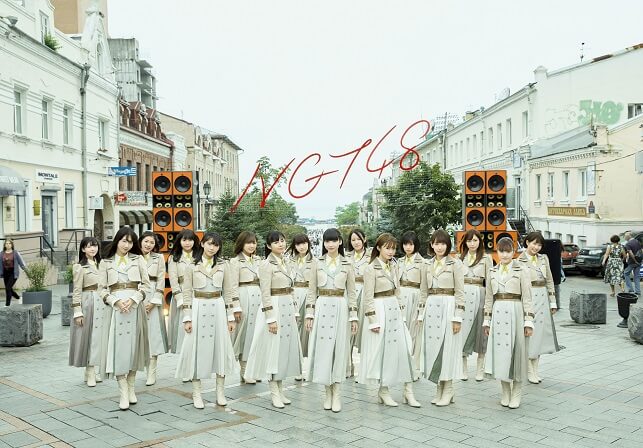Groups
Sakamichi Series: Nogizaka46 Sakurazaka46 Hinatazaka46
WACK Groups: BiSH
Japanese Idols News and Knowledge Base
Japanese Idols News and Knowledge Base

Japanese idol groups are a popular phenomenon that has been gaining momentum over the past few decades. These groups consist of young performers who sing and dance, and are often marketed as role models and “idols” for young people in Japan. However, beyond their entertainment value, Japanese idol groups also play a significant role in promoting cultural exchange and tourism.
One of the most significant ways in which Japanese idol groups promote cultural exchange is through their music. Japanese idol groups often perform songs that are infused with traditional Japanese culture, such as enka or taiko music. By performing these songs, idol groups introduce audiences from around the world to the rich cultural heritage of Japan. In addition, idol groups also incorporate elements of Western music and culture into their performances, creating a unique fusion of traditional and modern styles that appeal to audiences of all ages and backgrounds.

Another way in which Japanese idol groups promote cultural exchange is through their fashion and style. Many idol groups have distinct fashion styles that are inspired by traditional Japanese clothing or fashion trends. By wearing these unique and eye-catching outfits, idol groups generate interest and curiosity among international audiences, which can lead to a greater appreciation for Japanese fashion and culture.
In addition to promoting cultural exchange, Japanese idol groups also play a significant role in promoting tourism. Many idol groups have dedicated fan bases who follow them to various cities in Japan and even abroad. As a result, these fans are often exposed to new and exciting destinations that they may not have otherwise discovered. This can lead to increased tourism to these destinations, as fans share their experiences and recommendations with others.

Furthermore, many Japanese idol groups also serve as cultural ambassadors for Japan, performing at international events and festivals. By showcasing their unique music and style to audiences around the world, these groups help to promote Japan as a desirable travel destination. In addition, by engaging in cultural exchanges with international performers and audiences, idol groups help to build bridges between Japan and other countries, fostering greater understanding and appreciation of each other’s cultures.
In conclusion, Japanese idol groups are much more than just a form of entertainment. They play a significant role in promoting cultural exchange and tourism, by introducing audiences from around the world to the rich cultural heritage of Japan, and by serving as cultural ambassadors for the country. As the popularity of Japanese idol groups continues to grow, it is likely that their impact on promoting cultural exchange and tourism will only continue to increase in the years to come.